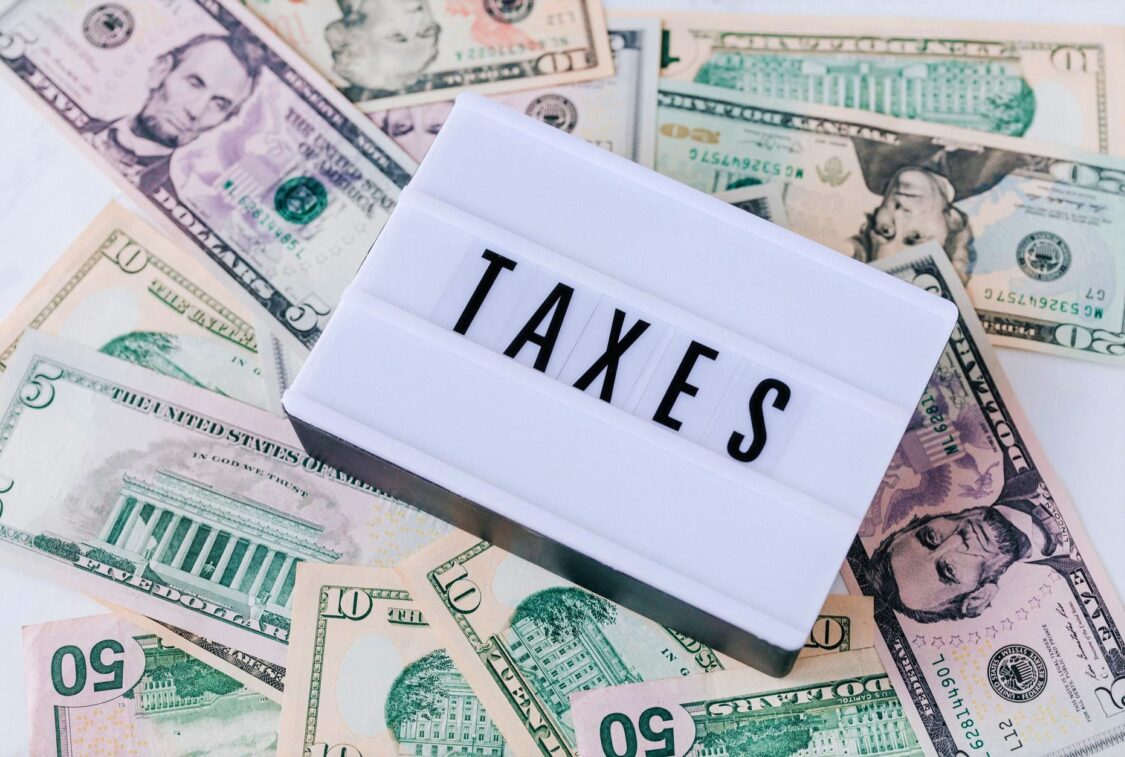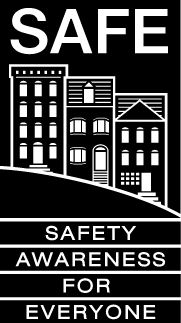Beware of Scams and Financial Crimes during Tax Season

As the May 17 tax deadline draws near, SFPD Central Captain Julia Ng took the opportunity to caution the community to be careful with personal and financial information when filing, as tax season is a popular time for scams and financial crimes.
“Residents should remain vigilant and watch out for illegitimate queries about their personal information,” stated Captain Ng in his weekly letter in the station’s newsletter. “If something seems suspicious, do not give out your information. I encourage you to immediately contact the police if you believe you have fallen victim to a scam.”
According to Captain Ng, past tax season scams have included scammers calling residents posing as IRS workers or other government workers. The scammer tells victims they owe a payment or incorrectly filed their taxes and now owe the IRS money that has to be paid promptly through a pre-loaded debit card, gift cards, money order or wire transfer. Those who refuse to cooperate are typically threatened with arrest, deportation or suspension of a business or Driver’s License.
Aside from posing as government workers, scammers also sometimes claim to represent the victim’s local police department. The captain underscored that local police do not enforce federal tax laws and will never contact you regarding your taxes.
To avoid becoming a victim of an IRS scam, Captain Ng encourages San Francisco residents to keep the following info in mind:
-If you owe back taxes, the IRS will contact you via mail—never by phone, email or social media.
-The IRS never requests personal or financial information by email, text or social media. (The IRS reports that it has no way to text people).
-The IRS doesn’t leave prerecorded or urgent voicemails.
-The IRS won’t ask for payment using a pre-paid debit card, gift cards, a money order or wire transfer.
-The IRS won’t ask for a credit card number over the phone.
-In the latest scam, an “IRS agent” states that a small fee is required to qualify for a government stimulus check. No government agency, including the IRS, requires any form of payment to receive a stimulus check.
-If you receive a call from a suspected IRS scammer, hang up. Don’t engage with these callers.
Finally, the captain says that anyone who receives a call from someone claiming to be with the IRS and asking for a payment, and thinks they may actually owe a payment, should simply hang up and call the IRS directly at 800-829-1040. If you think you have been the victim of a scam in San Francisco, call the SFPD’s non-emergency line at 415-553-0123.
